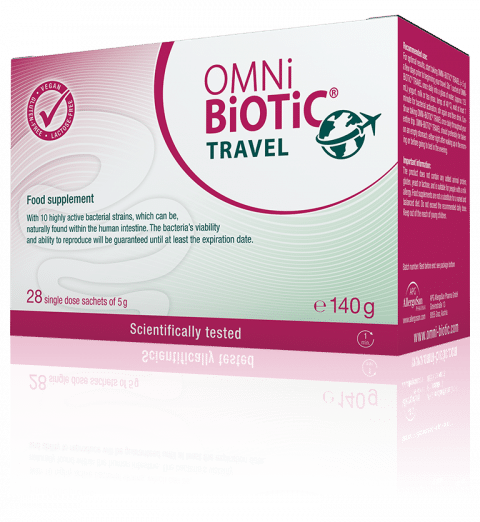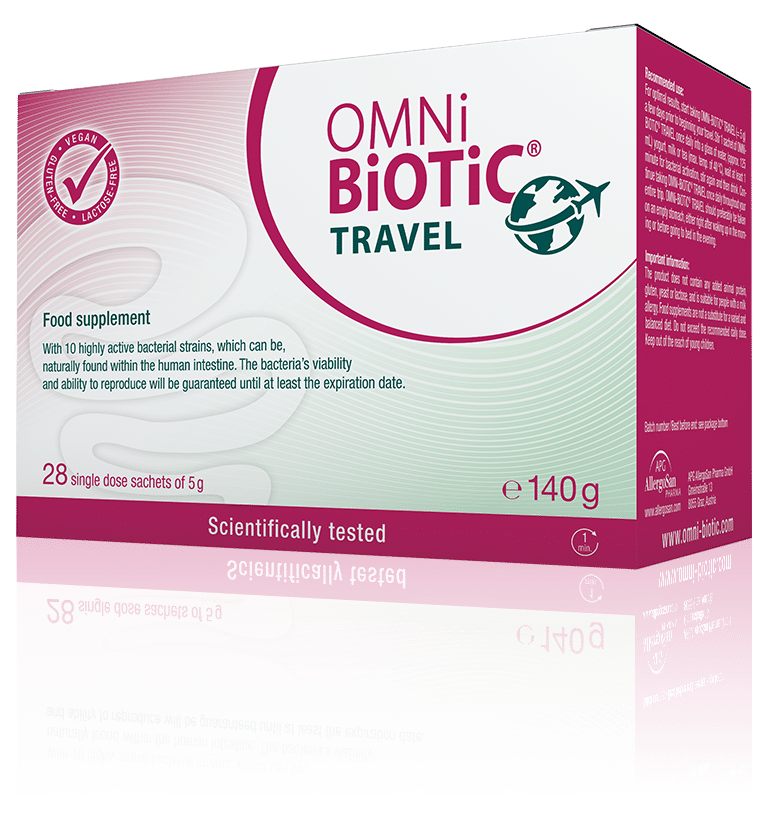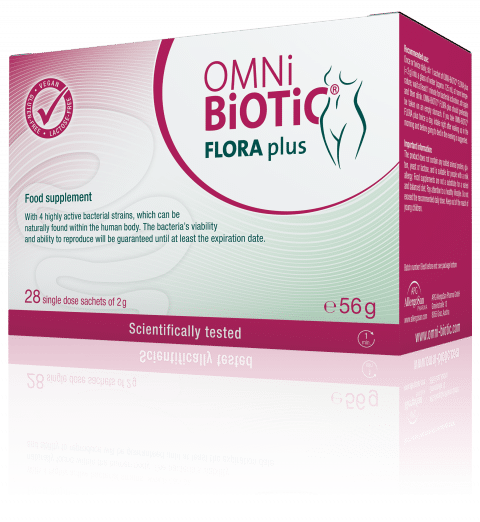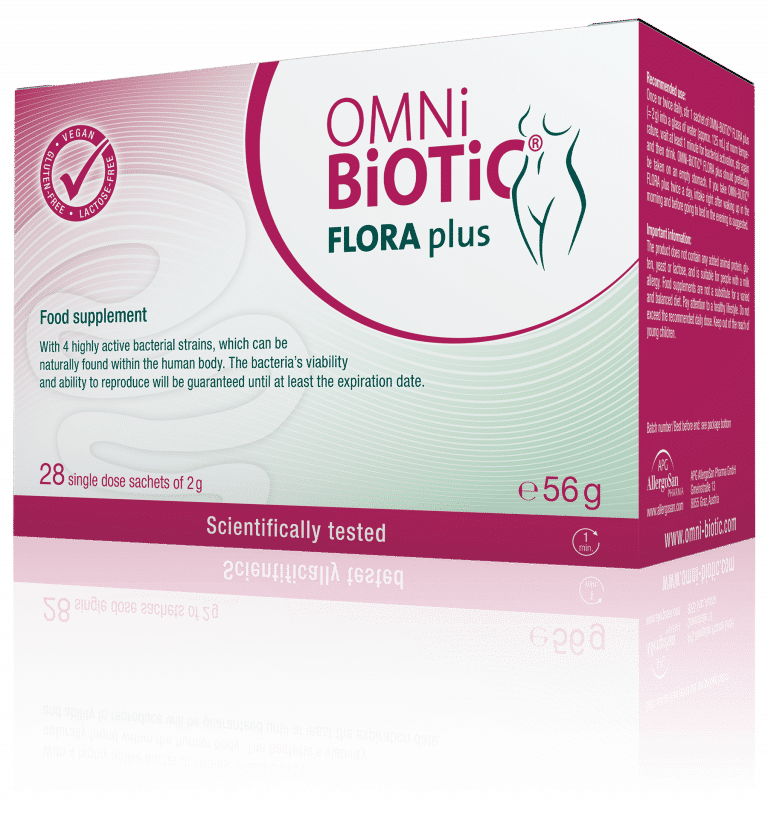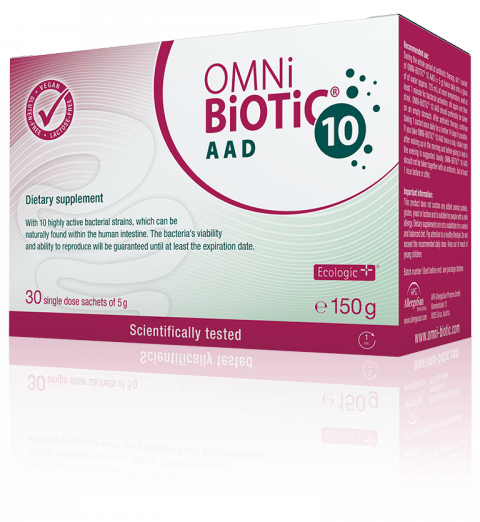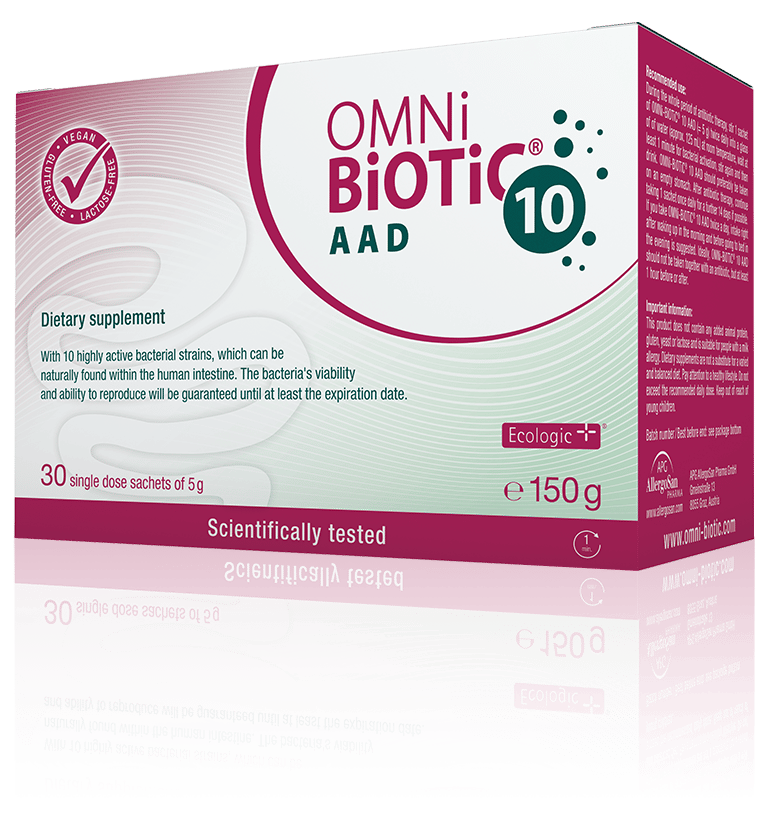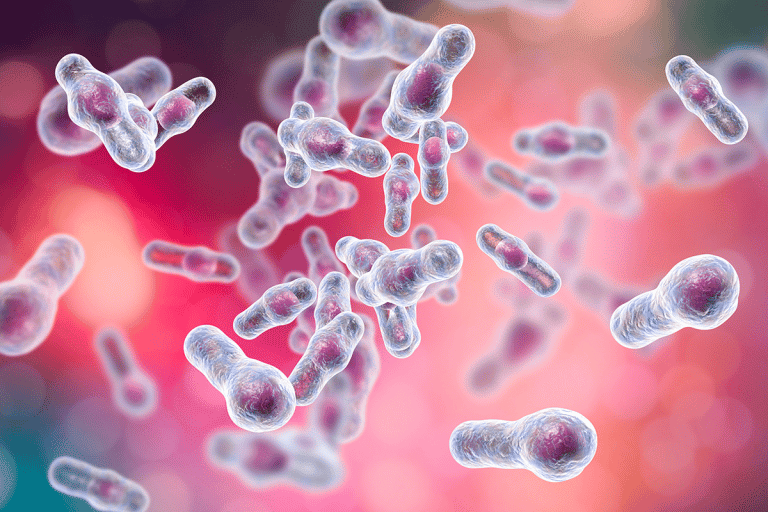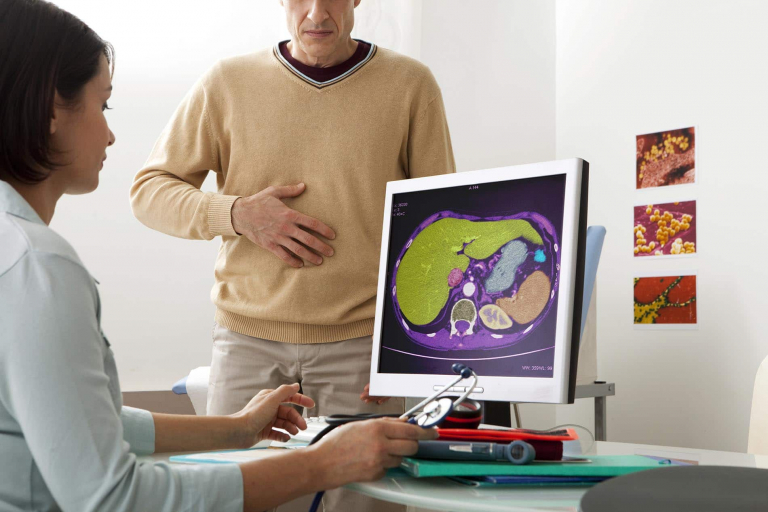
Digestive problems on vaction
Diarrhoe
Adding to the stress that accumulates before departure, countless foreign bacteria “live” in the country of destination. The locals have become accustomed to these bacteria so they no longer harm them. However, they may cause problems for tourists. “These germs don’t necessarily have to have pathogenic attributes”, explains Frauwallner. “We Europeans just aren’t used to these foreign microorganisms and so our bodies may react with digestive problems. People with a sensitive gut may even get diarrhoea after the first time they encounter such bacteria.”
Especially in southern regions the so-called facultative pathogenic germs can cause problems for vacationers. According to the gut specialist, this is also due to exaggerated western hygiene: “On the one hand one shouldn’t forget that the local population of these countries also has to struggle with some highly malicious diarrhoeal diseases. For example, the infant mortality in Southeast Asia and Africa is still very high which in many cases is due to diarrhoea causing bacteria and viruses. On the other hand, Europeans live in excessively hygienic conditions. Therefore, their gut isn’t optimally equipped to fend off unknown ‘intruders’.”
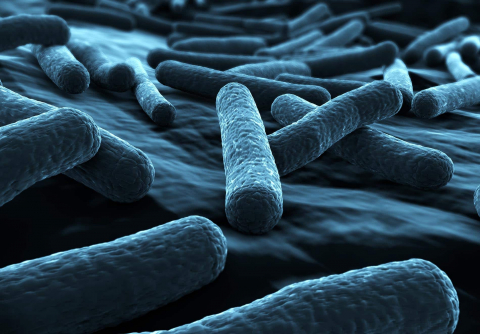
E. coli
Small daily “vaccinations”
The locals which live with very different standards of hygiene, ingest small doses of pathogenic bacteria on a daily basis whilst going about their everyday routines. This acts as a kind of vaccination: The gut flora gains the capacity to produce efficient antidotes, so-called bacteriocins, which in a way act as natural antibiotics to prevent diseases. “Travelers from Europe are completely at the mercy of these new germs because they don’t naturally occur in their country of origin. People with a gut burdened by factors such as a poor diet, chronic diseases, pharmaceuticals, or stress are especially vulnerable and often fall ill with infections entailing fever and diarrhoea”, says Frauwallner.
The first 14 days of confronting the “country-specific” bacteria and viruses are the riskiest when it comes to developing diarrhoeaand diarrhoea related complaints. This for example means that most development workers get used to the endemic germs after this period of time; even if they may have to struggle with digestive problems in the initial period. However, some people never manage to adapt in such a way. And oftentimes, there simply isn’t enough time – most vacationers don’t travel for longer than two weeks.
“Staying in other countries can upset the gut. This is partly due to the typical lifestyle changes a holiday abroad entails.”
Harmless and dangerous diarrhoea
The severity of travel diarrhoea is largely determined by the causative germ, says the president of the Austrian society for probiotic medicine (OePROM): “Not all germs are pathogenic to the same extent. Bacteria called Enterotoxigenic E. coli (ETEC) belong to the main drivers of relatively harmless travel diarrhoea. These bacterial strains produce toxins which lead to typical digestive symptoms such as watery diarrhoea, nausea, and vomiting.
ETEC cause stomach cramps which effectively press water into the intestinal lumen. This is what makes an infection with ETEC self-limiting, as the germs are excreted via the watery stool. For the most part, this type of diarrhoea is harmless. But it definitely damages the holiday experience as it often entails confinement to the hotel room for three to five days until the complaints finally end.
Infections with Campylobacter, Shigella, or Salmonella can be more problematic. These may lead to severe inflammation of the stomach and gut. Vacationers with a gut which has already been weakened by e.g. stress are especially vulnerable to such germs. Stress causes light inflammation in the gut and so leads to a loosening of the gut barrier. “This ‘leaky gut’ enables germs to more easily penetrate the cells of the intestinal wall. This means that the gut can no longer eliminate the perpetrators by flushing them out with the diarrhoea, which allows the pathogens to cause further damage to the intestinal wall. This leads to a real ‘invasion’ of the digestive tract which may end with grave consequences”, explains Frauwallner.
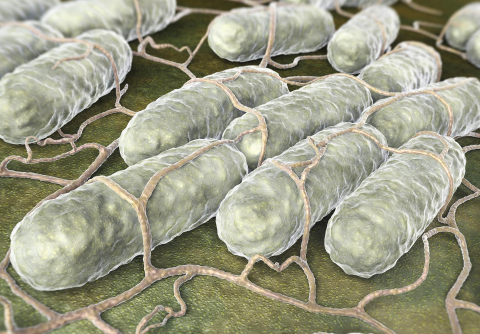
Salmonella is often present in chicken which hasn’t been cooked thoroughly.
A “holiday souvenir” with repercussions
A healthy gut isn’t easily harmed by a few pathogens as long as its barrier remains impermeable and it has a protective, millimetre thick, layer of mucus that houses good bacteria. However, it’s a different story when it comes to people with a reduced gut barrier function: If one contracts a complicated form of traveller’s diarrhoea then one must often struggle with long-term consequences. “Pathogens such as Salmonella can outlast a stay abroad and are taken back home”, says Frauwallner. “Amongst other things this can lead to postinfectious irritable bowel syndrome. Nowadays up to 30% of the population suffer from irritable bowel syndrome (IBS) with stomach aches, flatulence, and frequent diarrhoea. In many of these cases the disease began after an infection with foreign germs.”
“A healthy environment arises in the gut when there are lactic acid bacteria present. They ensure for an acidic environment in which pathogenic bacteria can no longer multiply.”
The digestive organ is continually harmed by germs which live too close to the intestinal wall. According to Frauwallner, the problem lies in the difficult diagnosis: “When a standard colonoscopy is done, a physician cannot see any changes in the gut because this procedure doesn’t allow the physician to look between the individual gut cells. Oftentimes patients feel left alone when they are faced with negative test results and are told that their symptoms originate from a psychosomatic disorder.” The damage can be exposed with a tissue biopsy; but this is seldom done in colonoscopies. Instead one can contact specialised laboratories in e.g. Germany (www.biovis.de). If one is currently suffering from IBS, the expert recommends getting a basic profile drawn up; a kind of “detailed” stool analysis. Although supplementary insurances often cover such analyses, in most cases they must be paid for privately.
Reliable protection against diarrhoea
Diarrhoea causing germs aren’t visible to the naked eye. They are on door handles, people’s hands, toilet flushes etc. Regular washing and disinfection of the hands can limit the risk of infection. However, travellers should definitely make sure to only drink water from factory sealed bottles. Also, be cautious of ice cubes and raw meat. Frauwallner warns: “Meat which hasn’t been cooked fully should be avoided. For example, grilled chicken can be raw on the inside and may so transmit Salmonella. Melons can be dangerous too, as vendors may inject them with germ-laden water to make them weigh more. Ice cubes may have already melted in a drink, so it’s better to ask twice to be sure that there aren’t any harmful germs in your cocktail.
The avoidance of diarrhoea during one’s holiday already begins at home with travel preparations. “The best way to get the most out your holiday is a timely preparation of the gut for traveling. Ideally this is done with select bacterial strains, which are taken daily, several weeks before the start of your holiday”, stresses the CEO of Allergosan. “It is advisable to take a special travel synbiotic before and during one’s holidays. In particular, it should be a multispecies synbiotic like OMNi-BiOTiC® TRAVEL. Not just any probiotic should be used for such purposes, instead it should be a combination of ideally compatible bacterial strains.
Create an environment which is hostile for pathogens
A holiday can’t just be spoiled by “Montezuma’s wrath”. Dangerous germs, which Europeans would never come into contact with at home, can also make a trip thoroughly unpleasant. “The pathogen Giardia lamblia, from the group of protozoa, can cause chronic recurring diarrhoea which in turn often leads to the development of chronic inflammatory bowel diseases such as Crohn’s disease or ulcerative colitis. This means that these diseases subsequently lead to an increased risk for bowel cancer.” The gut’s own defences aren’t only made up of a sturdy intestinal barrier – good bacteria alter the entire environment of the digestive tract. This is what Frauwallner had to say in this regard: “The gut’s environment can be compared to the protective acid mantle of the skin. One is only well protected against bacterial eczema and acne when this protective mantle is intact. The situation is similar in the gut. When there are lactic acid bacteria present in the gut, a healthy environment arises. They ensure for an acidic environment in which pathogenic bacteria can no longer multiply. In this way, pathogenic bacteria are simply excreted via the stool without ever doing any harm.

